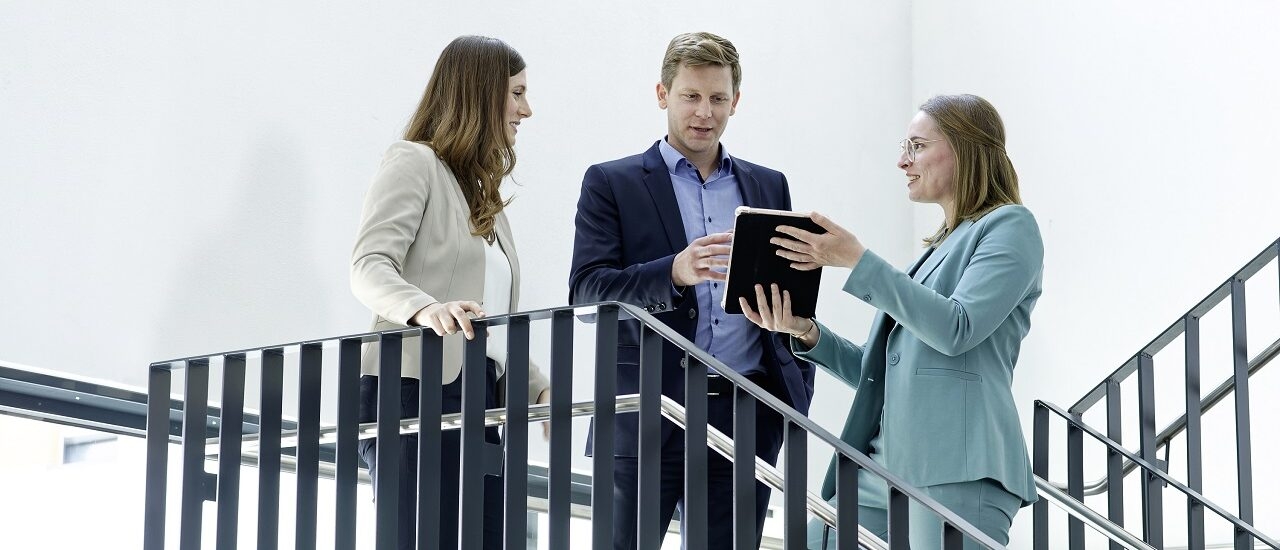
POLSKI ŁAD AND CHANGES TO WHT
Nowy Ład – the “Polish Deal”, which the Polish President signed on 16 November, introduces a range of novelties for taxation, including withholding tax. The new law will enter into force on 1 January 2022
and will involve specifically:
- limiting the use of WHT refunds on passive income distributed to related parties,
- re-defining the concept of beneficial owner,
- allowing taxpayers to apply for opinions confirming they can benefit from a WHT exemption (after the changes: an opinion confirming the taxpayer can benefit from relief on WHT) if one is permitted under a double taxation treaty,
- modifying the criteria for assessing due care,
- extending the list of cases where a certificate of tax residence is required.
Re. 1 “Pay and refund” mechanism
The use of the WHT pay and refund mechanism will be narrowed down to payments made in a given tax year to related parties (as defined in the transfer pricing regulations) other than Polish tax residents, where the total amount of the payments does not exceed PLN 2 million.
Therefore, this procedure will not apply to non-related parties. In addition, the catalogue of payments under the pay and refund procedure will only apply to payments classified as passive, as defined in the CIT Act. This income includes specifically:
- interest,
- copyright and related rights,
- royalties,
- dividends and corporate profit distributions
This procedure will not apply to payments for intangible services, such as: consulting, accounting, legal, advertising or market research.
From January 2022, declarations on exercising an exemption from the “WHT refund” procedure, which currently must be signed by all the members of the applicant’s management board, may be signed by a representative in the case of boards consisting of more than one person.
Re. 2 Definition of beneficial owner
According to the new definition, an assessment of whether a given entity actually performs economic activity must consider the nature and scale of the activity in the context of the payment obtained. The existence of economic substance will still need to be established, but with regard to differences in the nature and the scale of business conducted by different entities in the context of payments received.
Re. 3 Opinions on withholding tax relief
The current opinion confirming the taxpayer’s entitlement to benefit from an exemption from WHT will be replaced by an opinion on the taxpayer’s entitlement to benefit from WHT relief. On the basis of this opinion, a taxpayer may benefit from an exemption under Polish law as well as WHT relief under the relevant double taxation treaty.
Taxpayers and tax remitters, regardless of who bears the economic burden of the tax, may request such an opinion.
Transitional provisions extend the validity of opinions confirming the taxpayer’s entitlement to benefit from an exemption from WHT issued before the end of 2021 – such opinions will remain valid until 1 January 2025.
Re. 4 Due care
A new criterion was added to the current list of requirements concerning due care, used to evaluate the nature and scale of the tax remitter’s business. This change involves an assessment of links defined in the transfer pricing regulations, and effectively tightens up the due care policy in respect of related parties.
Re. 5 Copies of certificates of tax residence
Copies of a certificate of tax residence may only be used in connection with payments for intangible services worth up to PLN 10,000, provided to the same recipient in a given calendar year. Exceptionally, during the COVID-19 pandemic, certificates have been accepted on a wider number of occasions. From January 2022, tax residency certificates will be accepted in any situation where there are no doubts about their accuracy, reliability or veracity.
Contact us:
ECOVIS Legal Poland
9A Belwederska Street
00-761 Warsaw
Phone: +48 22 400 45 85
warsaw-law@ecovis.com
More info:
This article is part of the Newsletter No. 6 | 2021.

